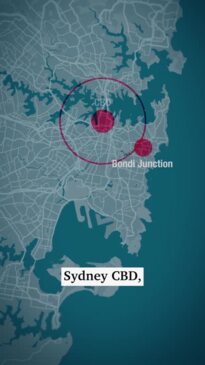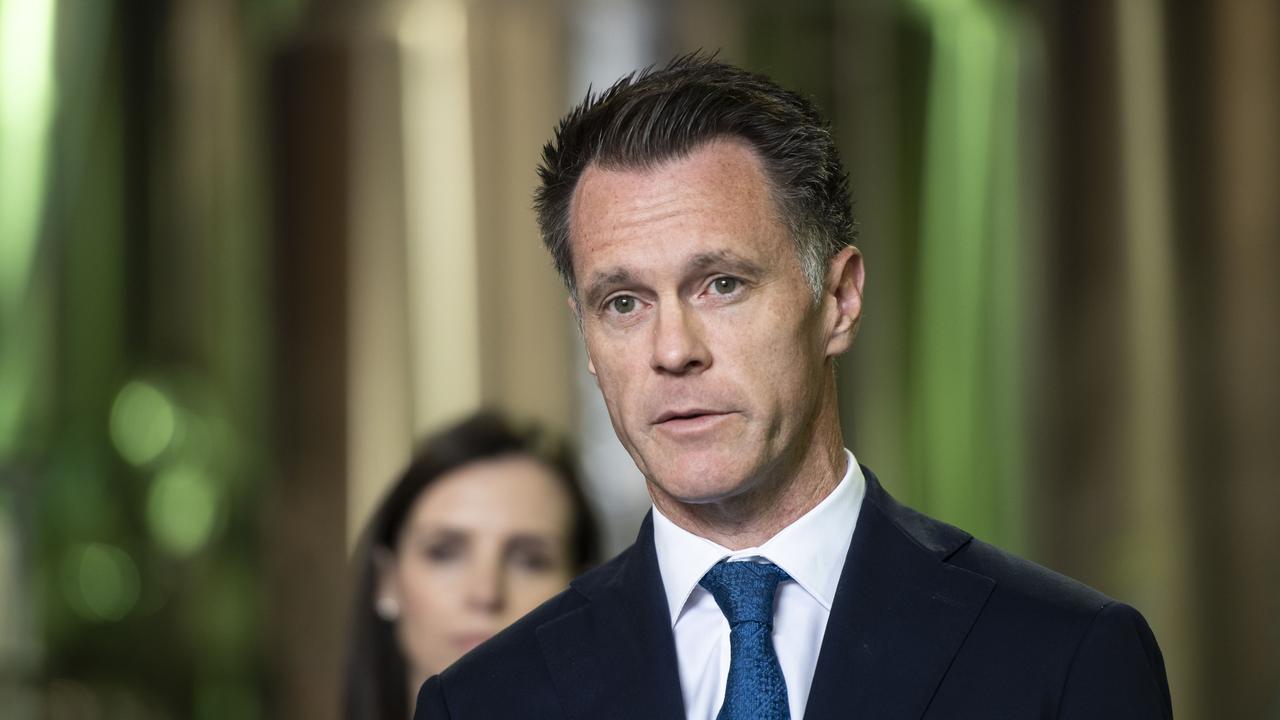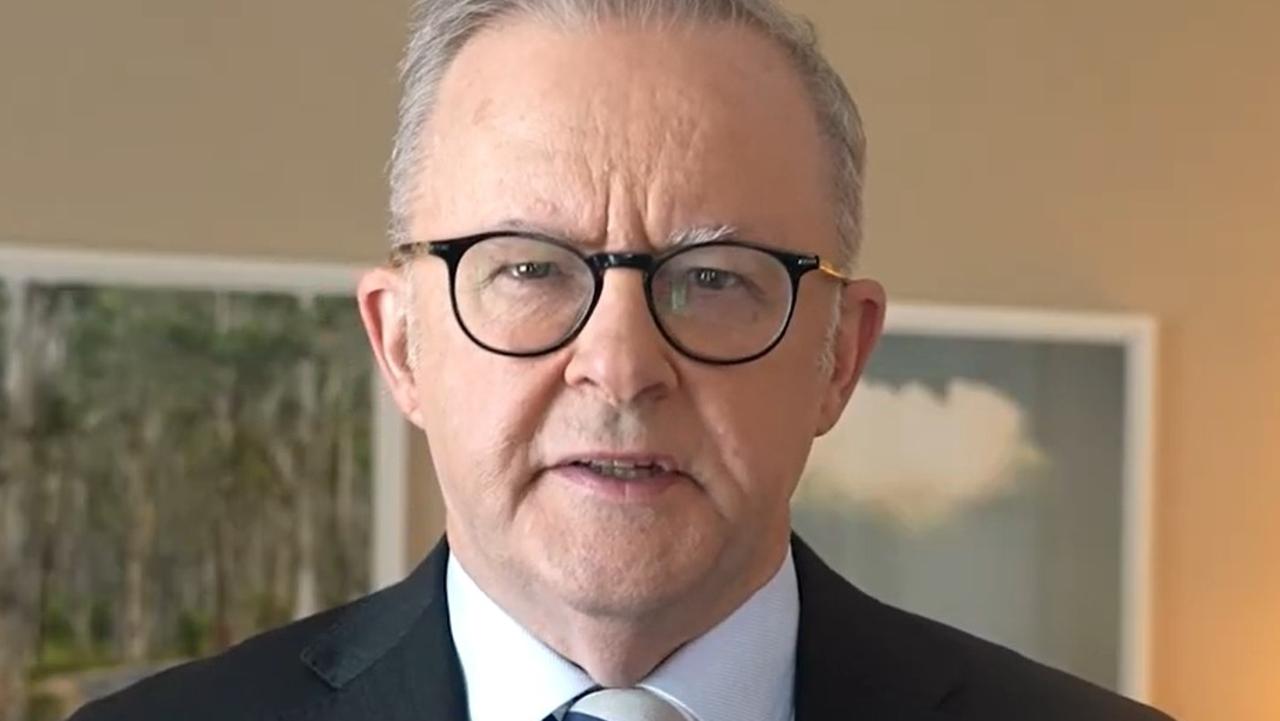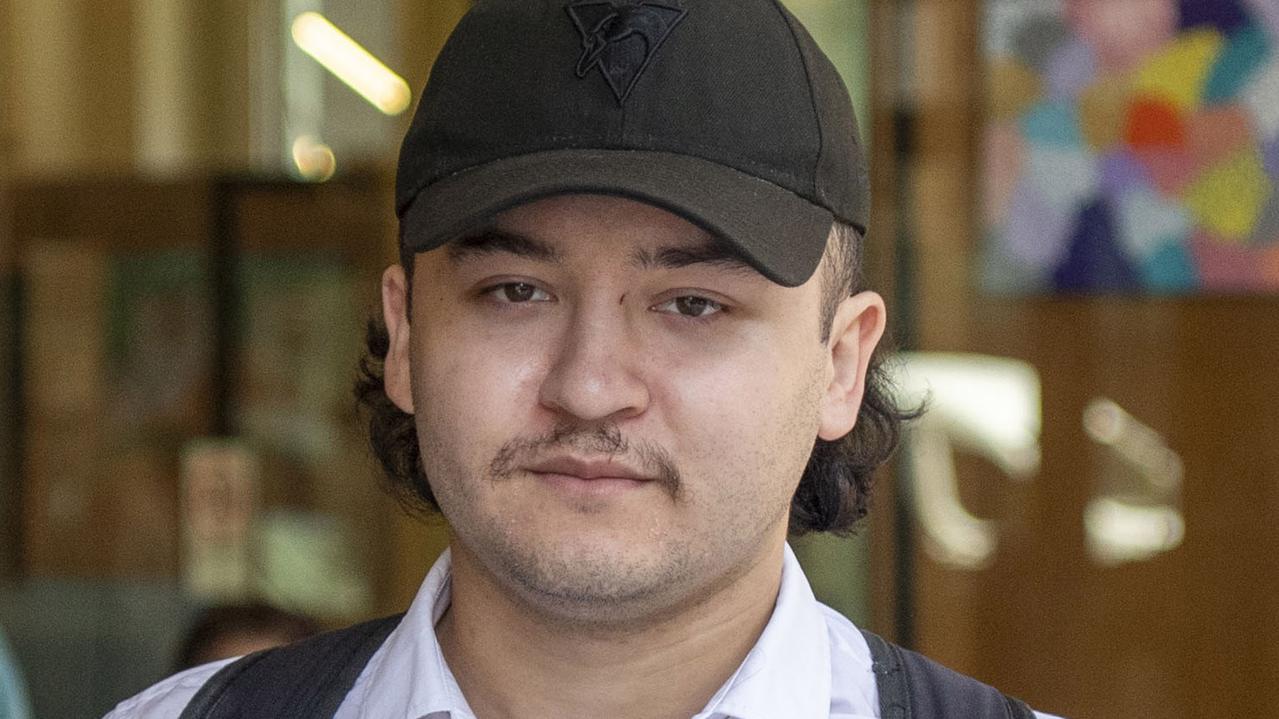NSW to introduce penalty for ‘posting and boasting’ crimes on social media, to curb youth crime
One state will impose extra penalties on people who post and boast about committing certain crimes on social media, in a $26.2m crackdown on youth crime.

NSW will become the second state to introduce additional two-year “posting and boasting” penalties on motor vehicle theft and break and enter offences, in an effort to curb youth crime.
The offence, which will be introduced into parliament this week, would apply to the person who posted the video on social media sites such as TikTok.
But it will not apply to people who ‘re-post’ the video. The law will also be subject to a statutory review two years upon commencement.
Announcing the reform alongside a greater $26.2m package targeted at youth crime, Premier Chris Minns said there had been “circumstantial evidence” from NSW Police that the “exhibitionist behaviour” was encouraging further criminal behaviour.
“People are seeing offences being committed and as a result of public exposure among social media networks, they’re encouraged to do the same thing,” he said.

The law reform is part of a $26.2m push to target youth crime, with a focus on communities in regional NSW.
The Bail Act 2013 will also be amended to introduce an additional test for children between 14 to 18 who commit break and enter or car jacking offences while already on bail.
In order to avoid remand, offenders will need to satisfy police, judges and magistrates they will not recommit a further serious indictable offence.
NSW Attorney-General Michael Daley said it was “targeted and specific response,” to the rising rates of serious break and enter and motor vehicle theft.
“The message needs to go out to young people now, who are incredibly well networked in NSW, if you keep repeating these serious offences, the likelihood of you being bailed … is now diminished,” he said.
The two pieces of law reform will also accompany a $12.9m fund to prevent crime in regional areas.
This includes an expansion of youth action meetings in nine police districts, the continued roll out of $7.5m in Justice Reinvestment grants, and an expansion of the Safe Aboriginal Youth Patrol Program (SAY) to five new priority locations, which will be determined through consultation.

The town of Moree in northern NSW will also be given $13.4m in funding for a host of community safety, and prevention programs, plus further investment into the Local and Children’s Court for the next six months, and additional resources for the local police and Aboriginal Legal Service.
Moree will also become the first state to be given a $8.75m bail accommodation and support service, with hopes the initiatives will decrease possibility of reoffending, and give police and courts more options to put a younger person on bail.
This could look like programs which link Aboriginal youth with Indigenous organisations, or elder, cultural and family support, and social workers.
Mr Minns said the reforms and initiatives were a “balanced” response to rising rates of crime, which now required a “critical intervention”.
“No one enters public life in the hope that you’ll introduce legislation like this, and that includes myself, but we can’t face a situation where we have (repeat offenders),” he said.
“We have seen a situation already where a young person ends their own life, takes the life of a family member or friend or kills someone in the community as a result of this illegal behaviour.
“We need this critical intervention”.





